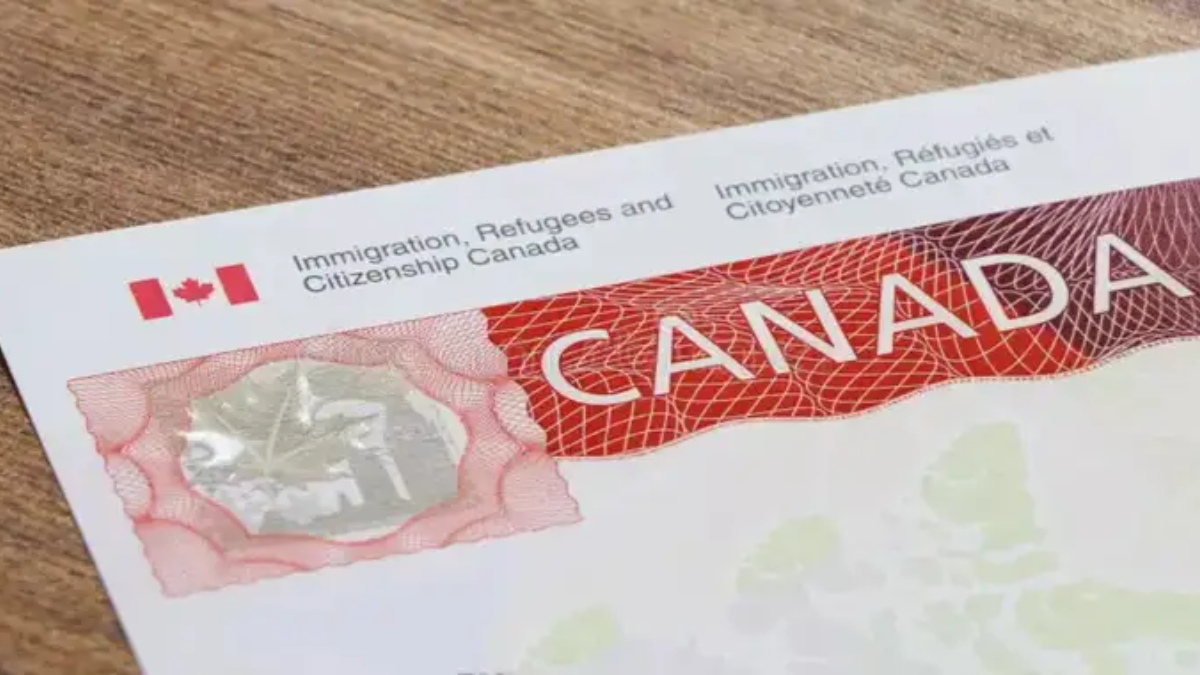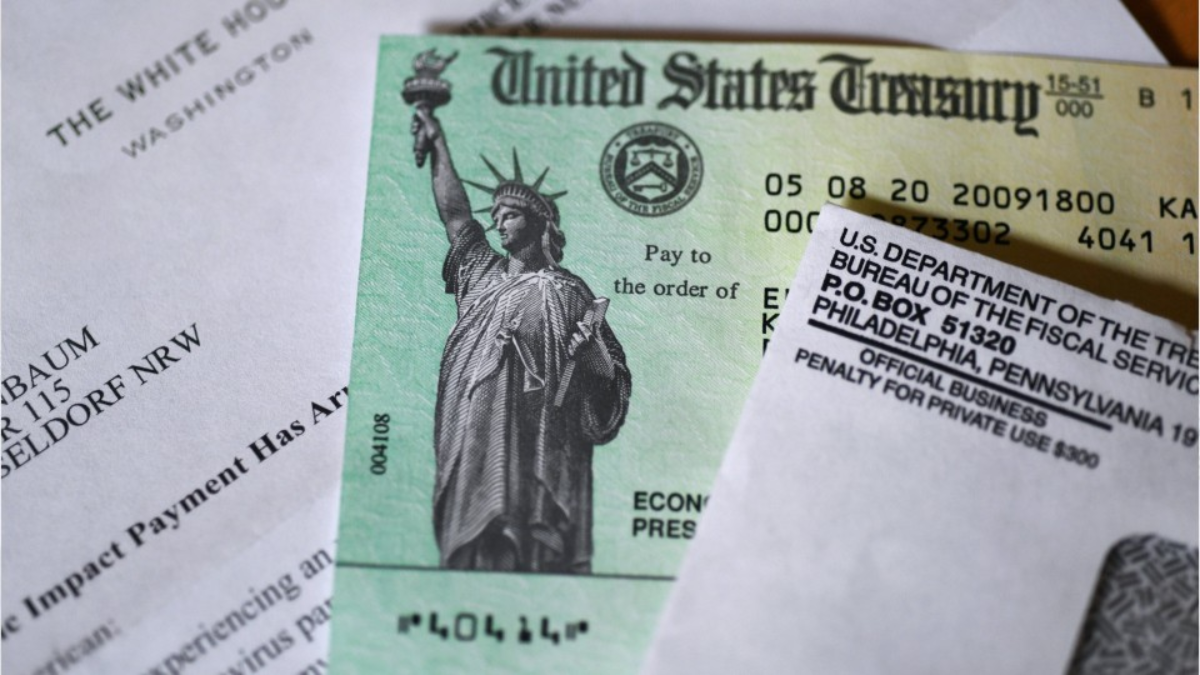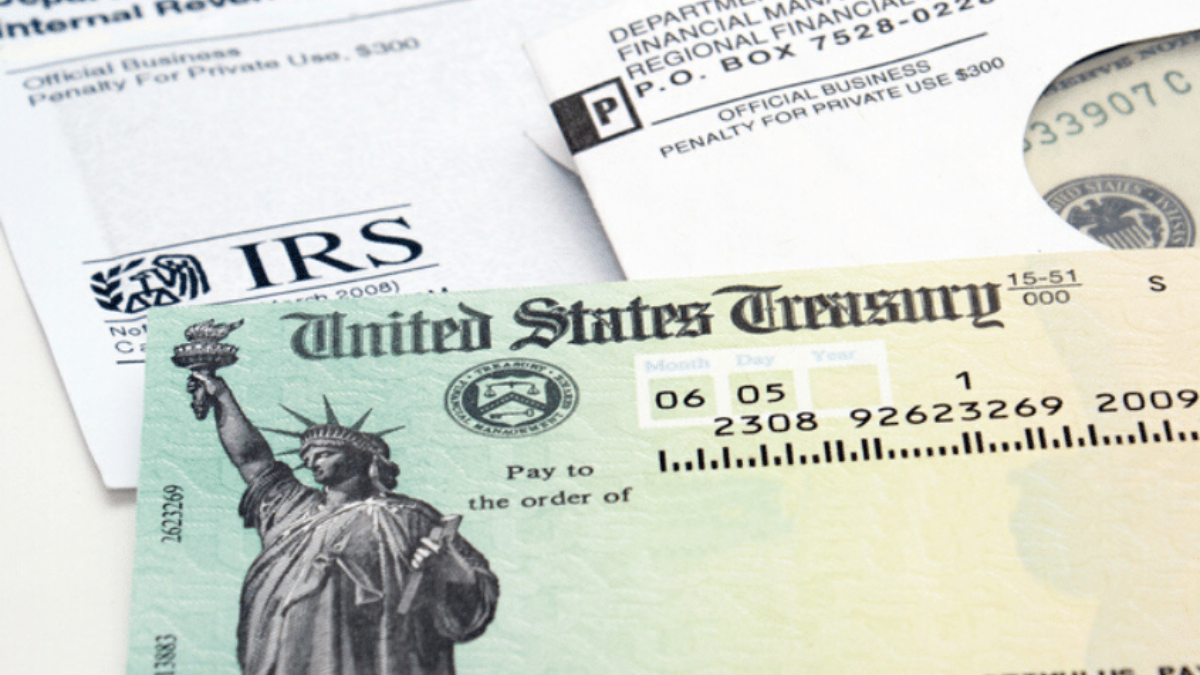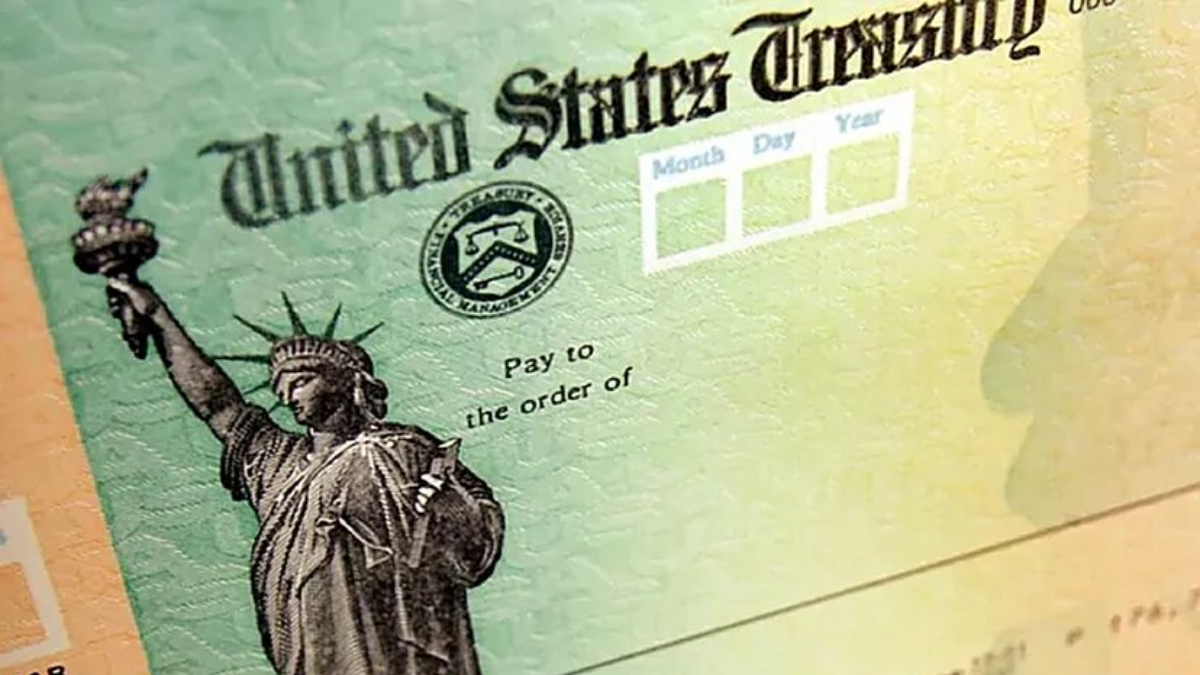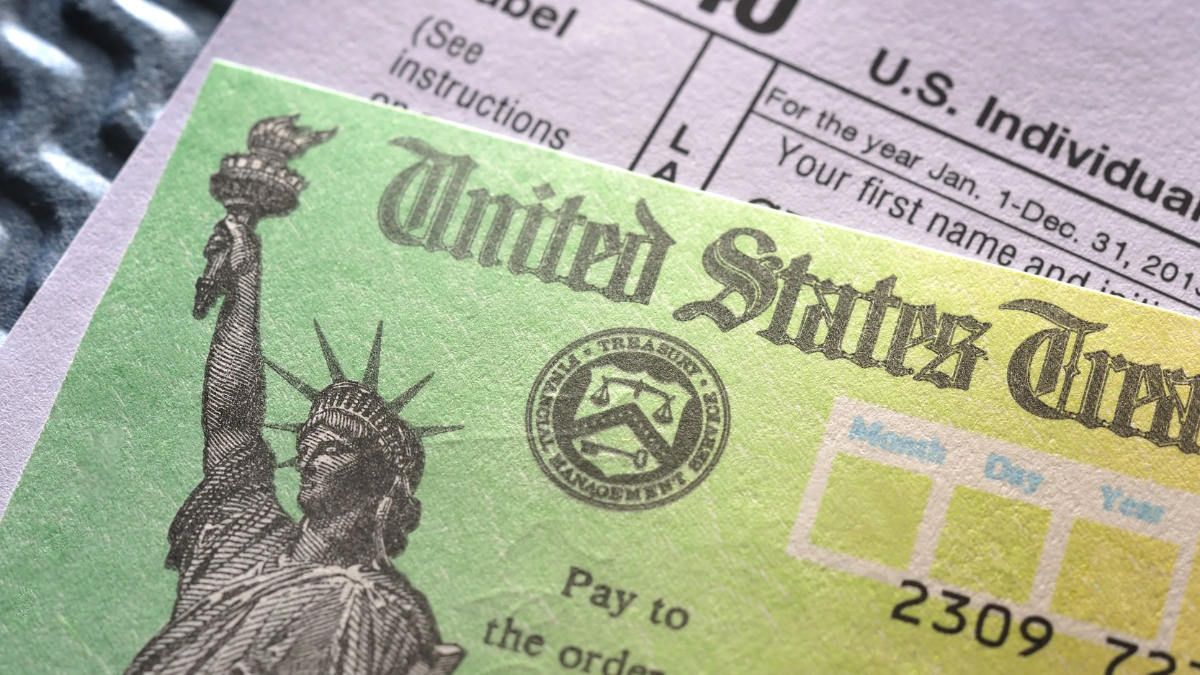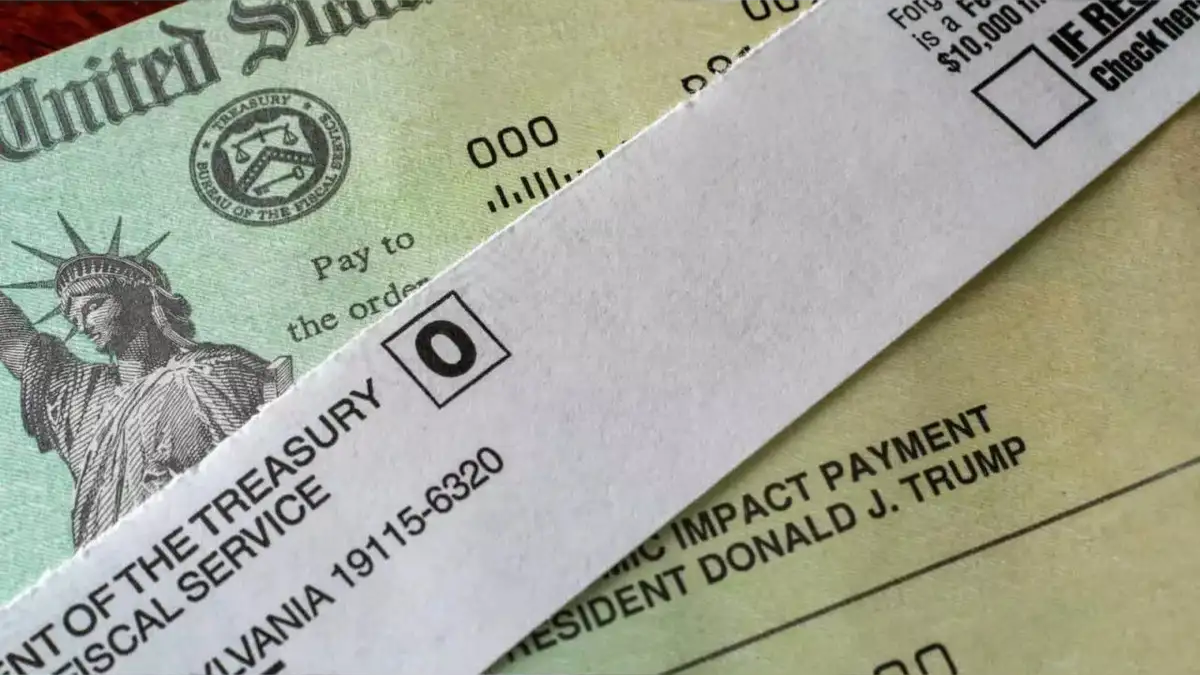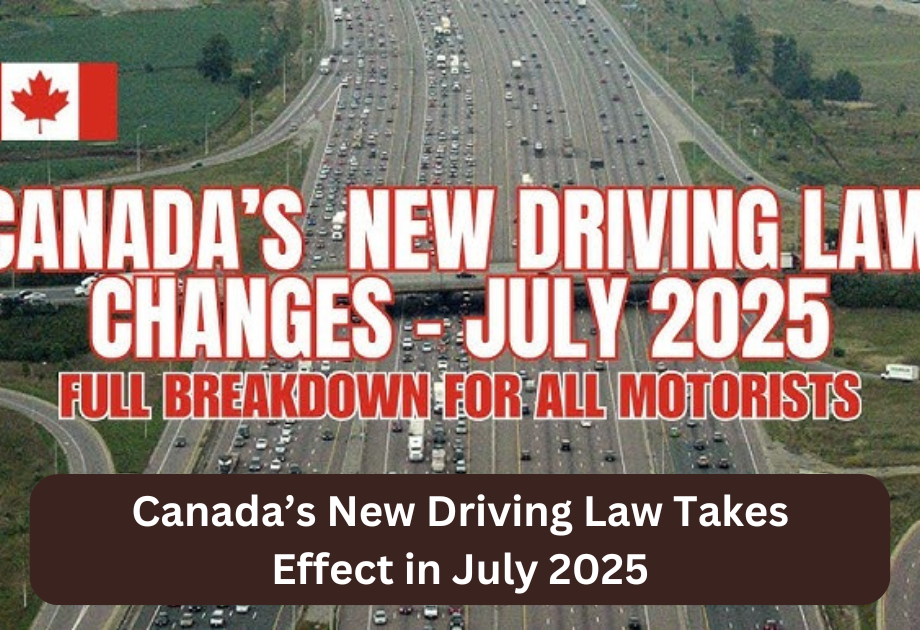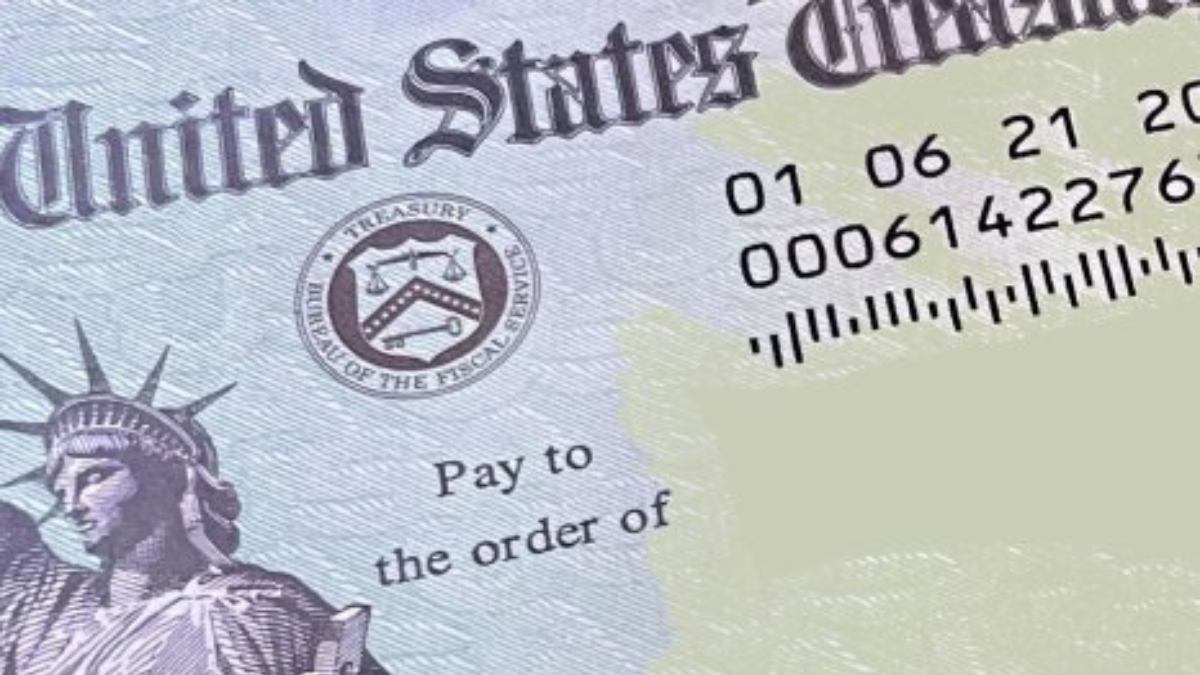Canada has long been known for its welcoming immigration system, and in 2025, new pathways have opened that allow certain individuals to apply for a work visa without a pre-arranged job offer. These opportunities provide flexibility for skilled workers, entrepreneurs, and those in rural or priority sectors who wish to live and work in Canada. With updates coming into effect this July, now is the time to understand how to apply under this employer-free option.
Who Can Apply for a Canada Work Visa Without a Job Offer?
Canada offers several immigration programs that allow applicants to get a work permit without an employer, mainly through self-employed, provincial nominee, and Express Entry-based streams. For example, the Self-Employed Persons Program targets individuals with experience in cultural or athletic activities. Similarly, International Mobility Programs (IMP) under specific agreements allow certain individuals to get open work permits. Applicants under Express Entry’s Federal Skilled Worker Program may also qualify if they score high enough without a job offer.
| Program | Job Offer Required? | Key Eligibility |
|---|---|---|
| Self-Employed Persons Program | No | Cultural, artistic, or athletic experience |
| International Mobility Program (IMP) | No | Depends on specific agreements or exemptions |
| Federal Skilled Worker (Express Entry) | No | High CRS score, education, language skills |
| Provincial Nominee Program (some streams) | No | Province-specific in-demand skills |
Application Steps for July 2025
To apply without an employer in July 2025, the first step is to determine which immigration stream suits your profile. Once identified, create an Express Entry profile if applicable and submit all relevant documents, including proof of experience, education credentials, language proficiency scores, and settlement funds. For IMP or self-employed routes, complete the appropriate application on the IRCC portal and submit biometrics and a police clearance. Processing times may vary from 3 to 6 months depending on the program.
Important Documents You’ll Need
Regardless of the program you apply under, you will need key documents to validate your identity, background, and qualifications. These typically include a valid passport, language test results (IELTS, TEF), Educational Credential Assessment (ECA), proof of financial resources, reference letters, and if needed, a business plan or portfolio for self-employed categories. Make sure to check for program-specific forms and ensure your documents are up-to-date before applying.
Advantages of Applying Without a Job Offer
One of the major benefits of applying for a work visa without a job offer is flexibility. You are not tied to one employer and can explore job opportunities across Canada. It also allows individuals to start their own businesses, especially under the self-employed or entrepreneur pathways. Additionally, programs like the IMP offer open work permits that allow you to switch jobs or locations without reapplying, which is highly beneficial for long-term settlement plans.
Applying for a Canada work visa without an employer in July 2025 is a real possibility if you meet the criteria under the right program. Whether you’re a skilled worker, artist, or entrepreneur, several pathways exist that do not require a job offer upfront. By preparing your documents early and understanding the stream that suits your background, you can take advantage of Canada’s evolving immigration policies and make your move with confidence.
FAQ’s:
1. Can I apply through Express Entry without a job offer?
Yes, if your Comprehensive Ranking System (CRS) score is high enough, you don’t need a job offer to be selected.
2. Is an open work permit the same as a visa without an employer?
Open work permits allow you to work for any employer, and they are often issued under specific programs like IMP.
3. How much settlement funds are required?
Typically between CAD $13,000 to $20,000 depending on family size and program.
4. Do I need a business plan for the self-employed program?
Yes, especially if you’re applying under cultural or athletic categories—it supports your case.
5. What if I get a job after applying?
You can update your application, and it may even improve your chances or options for permanent residency.
